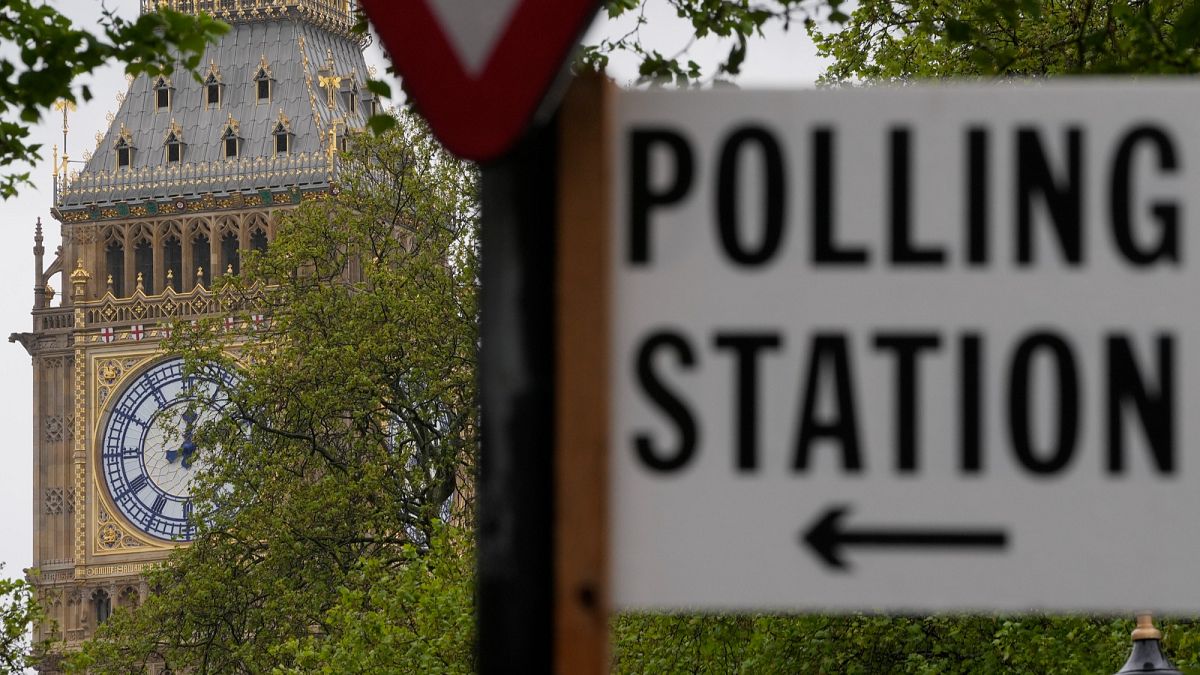

In an era marked by profound political shifts and social consciousness, several recent events highlight significant developments and challenges around the globe. From electoral reforms in the United Kingdom to complex political dynamics in the United States, these stories bring together facets of change and dialogue in today’s international landscape.
In the United Kingdom, plans to lower the voting age in England and Northern Ireland propose a noteworthy expansion of democratic participation. If realized, these changes would allow 16-year-olds to cast their votes in all parts of the UK, aligning England and Northern Ireland with Scotland and Wales, where this demographic has already been integrated into the electoral process. This reform is seen as a move towards broadening young people’s engagement and ensuring their voices contribute to shaping the future. The integration of young voters could help invigorate and diversify political discourse, bringing a fresh perspective to longstanding issues.
In Poland, recent legal proceedings have punctuated ongoing discussions about women’s rights and healthcare. The imprisonment of doctors following the tragic death of a pregnant woman has reignited fervent protests concerning abortion rights, a topic already steeped in passionate debate. This case sheds light on the profound impact of healthcare policies and the necessity for careful deliberation to ensure the well-being of all individuals involved, navigating between ethical responsibilities and legal frameworks to find a balance that respects human dignity and autonomy.
Meanwhile, the community of Epping in Essex has witnessed tensions unfold outside a local hotel housing asylum seekers. The peaceful demonstration spiraled into a point of contention influenced by groups with varied perspectives on immigration. The presence of authorities and calls for non-violence underscore the need for constructive dialogue in addressing social issues. As communities navigate these sensitive topics, there is an opportunity to foster understanding and empathy, ensuring that complex issues are approached with care and consideration for the diverse perspectives involved.
Across the Atlantic, the political landscape in the United States is experiencing its own upheaval, as lawmakers deliberate budgetary cuts affecting foreign aid and public broadcasting. The ongoing negotiations reflect broader discussions about governmental priorities and resource allocation in a global context. A particular focus has been placed on the preservation of funding for HIV/AIDS prevention, emphasizing public health and humanitarian concerns amidst fiscal constraints. These debates resonate with broader themes of governance, responsibility, and collective action in addressing global issues.
Dominating U.S. political discourse is an internal conflict within the Republican party, exacerbated by former President Donald Trump’s fraught rhetoric concerning his supporters. This latest challenge underscores ongoing tensions within the political spectrum. It highlights the delicate balance leaders face in maintaining transparency and unity among their base while negotiating complicated narratives in the public sphere. It calls into question the interplay between political figures and their constituencies, exploring the depth of trust and expectations that govern their interactions and influence.
Through these narratives, converging yet distinctly unique in their contexts, we witness the tapestry of global interconnectedness, weaving together the myriad threads of policy, identity, and societal values. As these stories unfold, they invite reflection on the collective journey towards understanding and reconciliation, emphasizing the importance of engaging with each other thoughtfully to navigate the challenges ahead. The evolving nature of these conversations, whether about empowering the youth, healthcare rights, community integration, or fiscal strategy, illustrates a continued pursuit of balance and progress, reminding us of our shared aspirations and responsibilities as part of the global community.
Source: {link}
